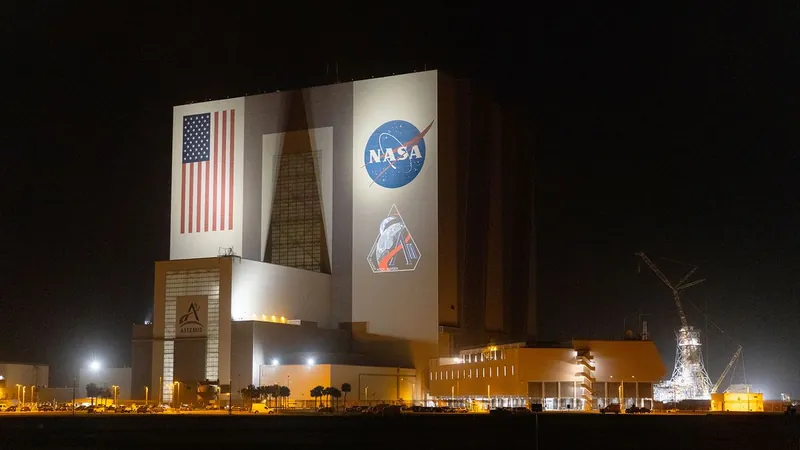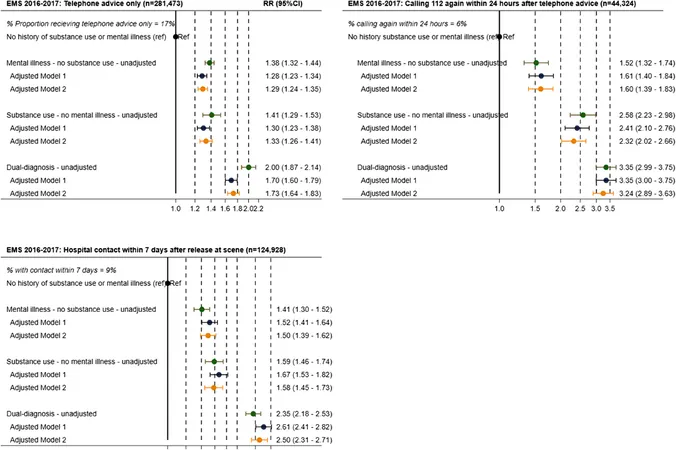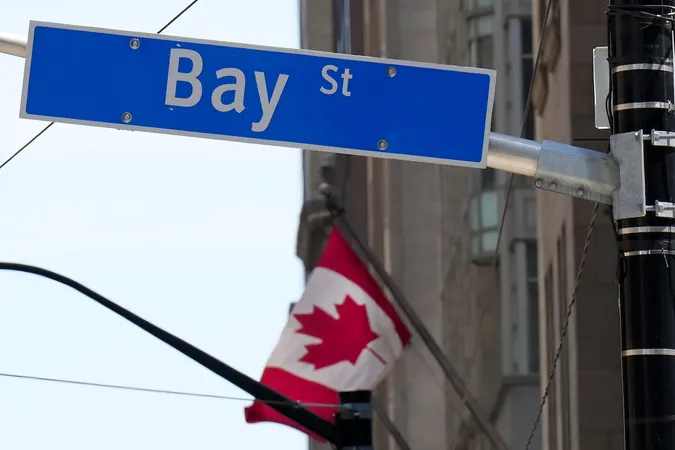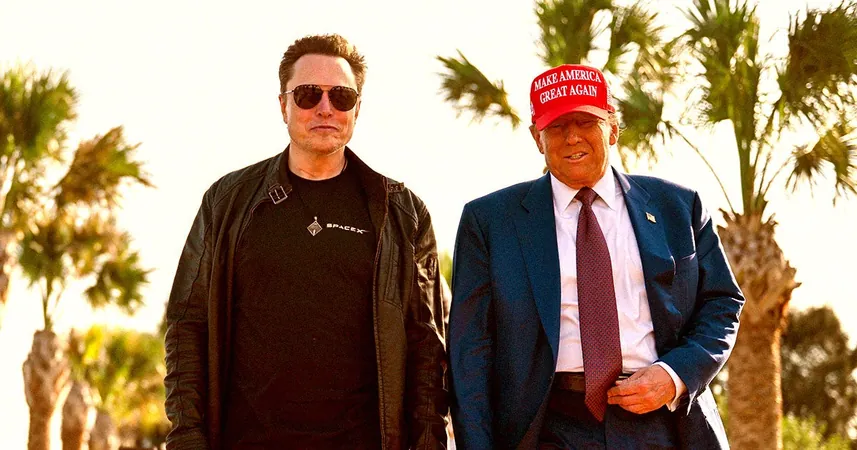
Shocking CEO Pay in Canada: Who Tops the Earnings List in 2023?
2025-01-02
Author: Sophie
In a surprising revelation from the Canadian Centre for Policy Alternatives (CCPA), data shows that Canada’s 100 highest-paid CEOs raked in an astounding average of $13.2 million each in 2023. While this marks the third highest year for executive pay since the CCPA began its analysis in 2007, it reflects a decline from the record-breaking figures of 2021 and 2022.
David Macdonald, the report's author and senior economist at the CCPA, notes that despite the drop, this figure remains significantly higher than historical averages. Contributing to this decline were lower profits in 2023, combined with wage gains for workers following a surge in inflation.
The CCPA calculated that by 10:54 a.m. on January 2, the average CEO on the list had already earned $62,661—equaling the average annual income for a Canadian worker. Alarmingly, the pay gap between CEOs and regular employees has widened dramatically, with CEOs earning an eye-popping 210 times more than the average worker in 2023, compared to just 104 times more back in 1998.
At the very top of this massive pay scale is Patrick Dovigi, CEO of GFL Environmental Inc., whose total compensation reached an astonishing $68.5 million. He was closely followed by Joshua Kobza of Restaurant Brands International Inc., who made $39.1 million, and R.M. Kruger of Suncor Energy Inc., with $36.8 million.
Interestingly, salaries formed just a small part of this compensation, with the bulk coming from share-based and option-based awards. Macdonald pointed out that some executives, like Tobi Lütke of Shopify, have opted for a nominal $1 salary, underscoring the shift away from traditional salary structures.
Moreover, the average cash bonus was recorded at $2.3 million this year, a figure that, though ostensibly tied to company performance, often does not reflect whether a company is thriving.
The gender disparity in these positions remains glaring. The list contained only three women, who were outnumbered not only by male executives but also by a specific pool of CEOs named Scott (five total) and Michael (four total). Nevertheless, there's a silver lining as these few female CEOs outranked their male counterparts in terms of average pay.
Tracking broader economic trends, the CCPA has been documenting shifts in policies that might help bridge the wealth gap between top executives and everyday workers. A significant policy adjustment is set for 2024, where the inclusion rate for taxing capital gains will rise to over 66 percent for individuals earning above $250,000—a stark contrast to the 100 percent rate for regular employment income. While this change does not impact the 2023 figures, it hints at a potential future shift in how high-earners are taxed.
In 2021, the government also implemented a cap on stock option tax deductions at $200,000 per year, which Macdonald noted has substantially decreased stock options as a form of compensation for CEOs—falling nearly by half since. Interestingly, he reports a “decisive shift” back towards direct share awards, reflecting changing compensation structures.
Despite the narrative of extravagant compensation packages to attract top talent, Macdonald argues that over three-quarters of the listed CEOs were actually promoted from within. This indicates that the inflated compensation levels may not be purely driven by market competitiveness—a revelation that challenges the standard rationale for extreme pay in corporate circles.
To curb inequality, the report recommends implementing a “wealth tax” on Canadians with net worth exceeding $10 million, estimating it could generate around $32 billion annually. Additionally, there are calls for increasing the top marginal tax brackets, as Canada’s current rates for the wealthiest are significantly lower than historical figures, which hovered around 70 percent in post-war years, now resting at roughly 50 percent.
As discussions surrounding executive compensation heat up, one thing is certain: the gap between the richest few and the average worker continues to provoke a national conversation about equity, taxation, and the true value of work in Canada today.









 Brasil (PT)
Brasil (PT)
 Canada (EN)
Canada (EN)
 Chile (ES)
Chile (ES)
 Česko (CS)
Česko (CS)
 대한민국 (KO)
대한민국 (KO)
 España (ES)
España (ES)
 France (FR)
France (FR)
 Hong Kong (EN)
Hong Kong (EN)
 Italia (IT)
Italia (IT)
 日本 (JA)
日本 (JA)
 Magyarország (HU)
Magyarország (HU)
 Norge (NO)
Norge (NO)
 Polska (PL)
Polska (PL)
 Schweiz (DE)
Schweiz (DE)
 Singapore (EN)
Singapore (EN)
 Sverige (SV)
Sverige (SV)
 Suomi (FI)
Suomi (FI)
 Türkiye (TR)
Türkiye (TR)
 الإمارات العربية المتحدة (AR)
الإمارات العربية المتحدة (AR)